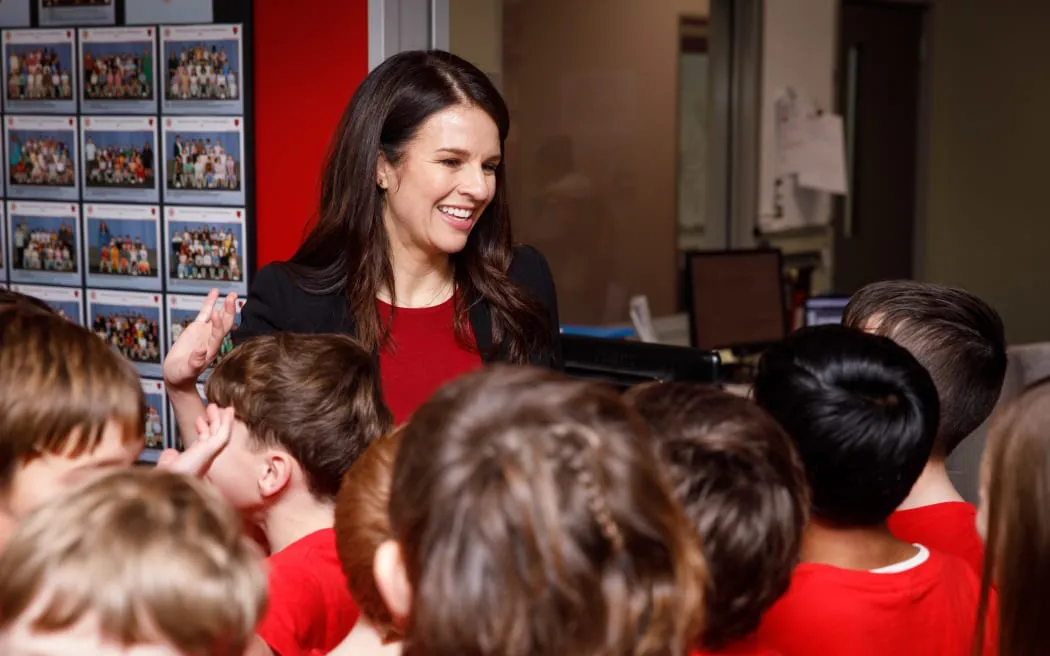The Government’s Māori Education Action Plan: A Commitment to Better Outcomes
The New Zealand Government has released its Māori Education Action Plan, a comprehensive strategy aimed at improving educational outcomes for Māori students. The plan builds on the government’s commitment to addressing the disparities in education that affect Māori communities.
The Plan: A Commitment to Success
The action plan outlines several key commitments, including developing resources to support te reo Māori teaching, implementing structured literacy and numeracy programs, and exploring options for increasing the availability of te reo Māori education for teachers. These initiatives are designed to help close the achievement gap between Māori and non-Māori students.
Education Minister Erica Stanford said that while many Māori achieved excellent results, on average Māori experienced worse outcomes in certain areas.
Challenges Facing Māori Students
According to Stanford, 12 percent of Māori in English medium settings are at the curriculum benchmark in maths by the time they reach Year 8. In Term 2, only 39 percent of students in English medium settings attended school regularly. These statistics highlight the need for targeted support and intervention to help Māori students succeed.
“This needs to change and our government is committed to driving this change,” said Stanford.
Early Actions and Next Steps
The plan outlines early actions to support the achievement of Māori students in English medium schools, strengthen Māori medium education, and commit to working with leaders and representative groups of kaupapa Māori education. In the next phase, teachers will receive resources and professional development to bring the curriculum to life in their classrooms.
Stanford said that teacher training is also a priority, as well as continuing support for whānau engagement.
A Focus on Whānau Engagement
The Ministry of Education will explore options with the Social Investment Agency on alternative education and partner with iwi to strengthen whānau engagement. Stanford emphasized the importance of whānau in a child’s learning, saying that “this is just the start” of efforts to support Māori families.
A Commitment to Improvement
The plan represents a significant commitment from the government to improving educational outcomes for Māori students. Education Minister Erica Stanford will continue to engage with her Māori Education Ministerial Advisory Group and work with te matakahuki and Māori education leaders to ensure that all tamariki benefit from a world-leading education.
“I will draw on the advice and guidance of my Māori Education Ministerial Advisory Group as we develop and augment this plan,” said Stanford.
Get Involved
Want to stay up-to-date with the latest news and developments in Māori education? Sign up for Ngā Pitopito Kōrero, a daily newsletter curated by our editors and delivered straight to your inbox every weekday.

0 Comments